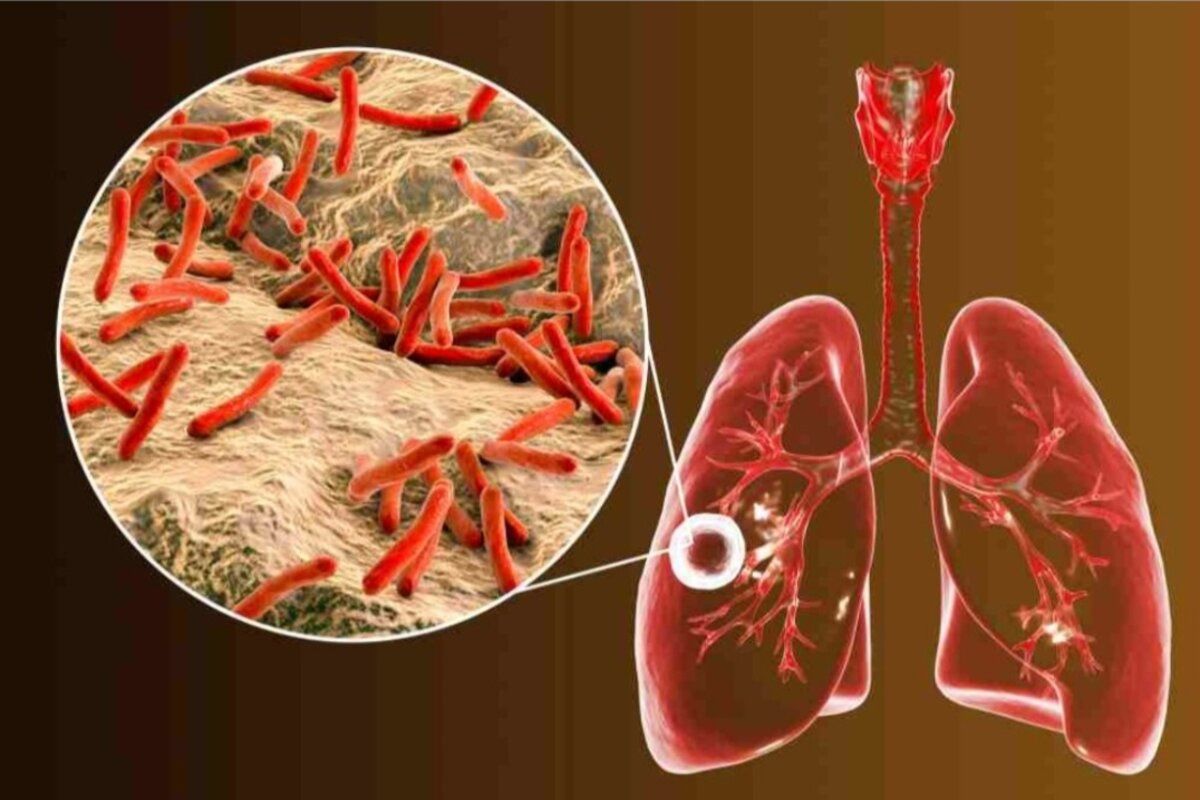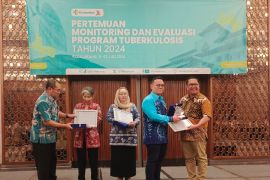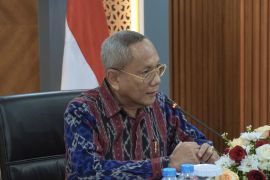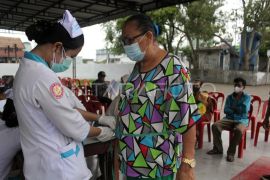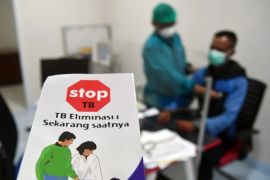Of the total number of cases, 88 percent started treatment.
"Drug-sensitive TB is a condition where Mycobacterium tuberculosis is still sensitive to anti-TB drugs that are potential," he said at the "Move Together in Fight Against Drug-Sensitive Tuberculosis" webinar on Thursday.
According to him, even though the impact of drug-sensitive TB is not as severe as drug-resistant TB, the transmission is relatively the same.
Pambudi noted that the number of cases shows that a number of people were confirmed to have drug-sensitive TB, but had not started treatment at the time. Delay in treatment, he said, poses the risk of the infection spreading to other people.
He further said that one of the issues in TB handling is the high rate of treatment dropout.
This, he informed, is caused by several things, especially the relatively long period of treatment, side effects of treatment, obstacles to healthcare access, economic factors, and stigma.
He stated that if TB is not treated properly, there is a risk of it evolving into drug-resistant TB and damaging lung function.
Pambudi noted that TB is a burden globally and nationally. In Indonesia, it is estimated that 121 TB cases and 15 deaths are recorded per hour.
He affirmed that Indonesia has made significant efforts to eliminate TB. As proof, he said, in 2023, 821 thousand cases were detected out of the total 1,090,000 TB sufferers projected by the World Health Organization (WHO).
He said that President Joko Widodo has signed Presidential Regulation Number 67 of 2021 on Tuberculosis Handling, which requires every health facility that detects TB cases to report them to the Health Office and record them on the Tuberculosis Information System.
Then, to optimize the quality of services and reporting, the government has made a number of other efforts, such as collaborating with hospitals in Indonesia, both government-owned and private, he added.
According to him, health workers are spearheading TB treatment, for instance, in terms of diagnosis, case finding, treatment, and education of the public. They are also acting as supporters of patients so that they remain enthusiastic about completing the full course of treatment.
"The hope is that all parties, including partners and private parties, can move and synergize to tackle the issues of tuberculosis," he said.
Related news: Ministry calls for integrating TB, stunting treatment for children
Related news: Simpler drug-resistant TB treatment urged to prevent crisis: Official
Translator: Mecca Yumna, Raka Adji
Editor: Rahmad Nasution
Copyright © ANTARA 2024
